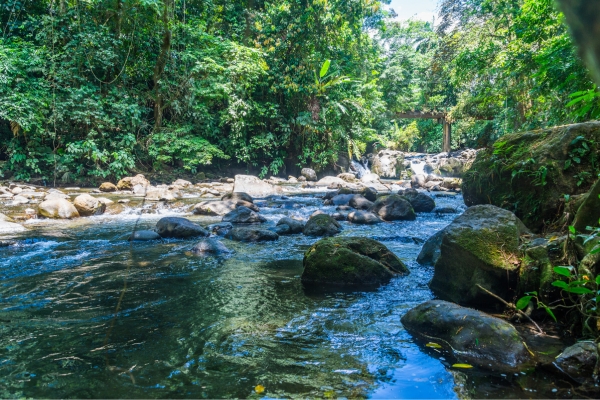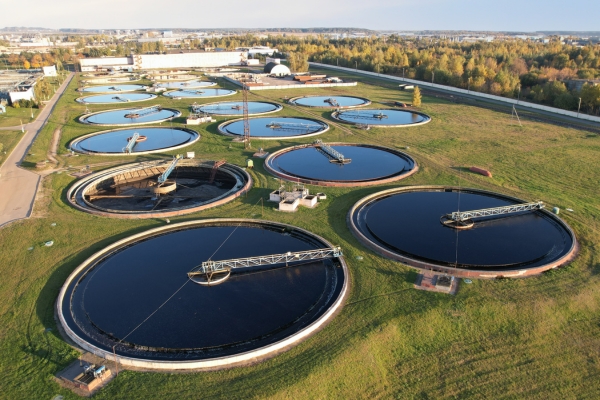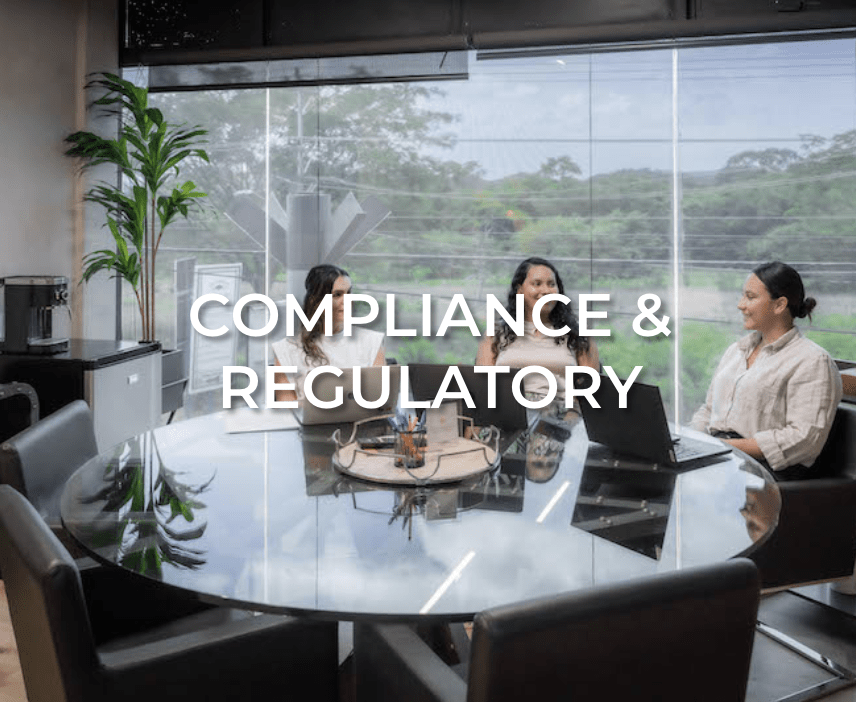

Delegation Agreements of ASADAS and Private-Public Partnerships
by Quatro Legal Real Estate Team | Dec. 09, 2024 | Article, Real Estate

In Costa Rica, the Instituto Costarricense de Acueductos y Alcantarillados (AyA per its acronym in Spanish), known as the Costa Rican Institute of Aqueducts and Sewers, is the main government agency responsible for managing the country’s water, sewerage, and sanitation systems. To provide these services, particularly to rural and semi-urban areas, AyA partners with ASADAS (Asociaciones Administradoras de Sistemas de Acueductos y Alcantarillados Sanitarios) through delegation agreements.These agreements allow ASADAS to handle local water and sanitation services, making them essential to the communities they serve.
What are ASADAS and their Delegation Agreements?
ASADAS are non-profit associations responsible for managing drinking water supply and wastewater sanitation services at the community level. Run by local volunteers, ASADAS handles tasks such as distributing water, maintaining systems, and collecting service fees. Because they are non-profit, ASADAS must focus solely on their mission without generating profit.
A Delegation Agreement with AyA is essential for ASADAS to operate legally. This agreement gives ASADAS the authority to manage water resources in a specific area. It outlines their duties, responsibilities, and limits while giving AyA oversight and support. ASADAS are expected to comply with legal and regulatory standards, offer services fairly and efficiently, and regularly report to AyA.
The relationship between AyA and ASADAS is collaborative in terms of its regulatory terms, but in reality, it can sometimes be complex. AyA is tasked with providing tools, training, technical assistance, and guidance to help ASADAS perform their duties effectively. Additionally, AyA monitors ASADAS to ensure they deliver services that meet public standards. In return, ASADAS are expected to manage resources responsibly, oversee local water systems, and comply with all regulatory requirements. However, various factors can prevent this ideal scenario from being fully realized, which may impact the quality and consistency of services provided.
The Role of Private-Public Partnerships.

ASADAS often face challenges such as limited funding, outdated infrastructure, and increasing demand for water services. Private-public partnerships (PPPs) with ASADAS/AyA can help by bringing in private sector expertise, financial support, and new technology to strengthen ASADAS/ AyA’s service delivery.
However, for these partnerships to work well, they must:
- Follow the Legal Framework: Any partnership must comply with Costa Rican transparency and public procurement laws. If dealing with an ASADA, it is essential to confirm and analyze whether the ASADA is competent to execute and manage the PPP, or if it should be handled directly by AyA or requires AyA’s prior authorization. This determination is outlined in the Delegation Agreement and the ASADA’s bylaws.
- Align with AyA’s Mission: Partnerships should support the scope of services provided by ASADAS and AyA.
- Ensure Transparency and Accountability: Partnerships must be transparent and adhere to applicable regulations to ensure legality and public trust.
In principle, ASADAS can receive donations, which are often essential for supporting their work. However, by law, any donations received must be recorded in their financial records and reported to AyA. If the donation involves assets that need to be officially registered, ASADAS must get AyA’s approval.
The Legal Foundation for Private-Public Partnerships with AyA

AyA has the legal foundation to enter into PPPs under Costa Rican law, which supports public-private collaboration for infrastructure and essential services. Some key laws include:
- (Administrative Contracting Law (Ley de Contratación Administrativa): This law governs public procurement and contracting, ensuring transparency and fair processes.
- Public-Private Partnership Law – Law No. 9329: This law outlines how public institutions like AyA can partner with private entities for infrastructure projects, provided these partnerships meet legal standards and benefit the public.
Conclusion
ASADAS play a crucial role in managing water resources in Costa Rica’s rural and semi-urban areas, but they often face challenges due to limited resources. Through delegation agreements with AyA, ASADAS are intended to receive essential support and oversight from AyA. When this support is lacking or insufficient, PPPs provide an additional opportunity to strengthen ASADAS’ capabilities, benefiting communities by enhancing water services and infrastructure.
When these partnerships are based on legal compliance and align with the mission of ASADAS and AyA, they can promote sustainable growth and create positive change at the community level. However, it is essential to analyze each situation carefully and seek appropriate legal guidance to ensure partnerships are implemented correctly. Transparency and adherence to regulations are crucial for maintaining legality and building public trust.
For more information, please write to Sonia Aragón, at sam@quatro.legal
Disclaimer: The information provided in this blog post is for general informational purposes only and is not intended to constitute legal advice. While we strive to ensure the accuracy and timeliness of the content, laws and regulations are subject to change. For the most accurate and up-to-date information, please contact our office directly. Some images may be AI generated.
Get To Know Quatro Legal

We’re bringing empathy and excellence back to legal counseling. Quatro Legal is built on a bedrock of kindness, a passion for service, and a commitment to guiding you through your legal challenges with ease.
OUR SERVICES
EXPLORE BY
category
REAL
ESTATE
CORPORATE
COSTA RICA
LIFESTYLE
LABOR & EMPLOYMENT
CLIENT
TESTIMONIALS
FREE TRADE
REGIME
All Rights Reserved 2023 | Privacy











